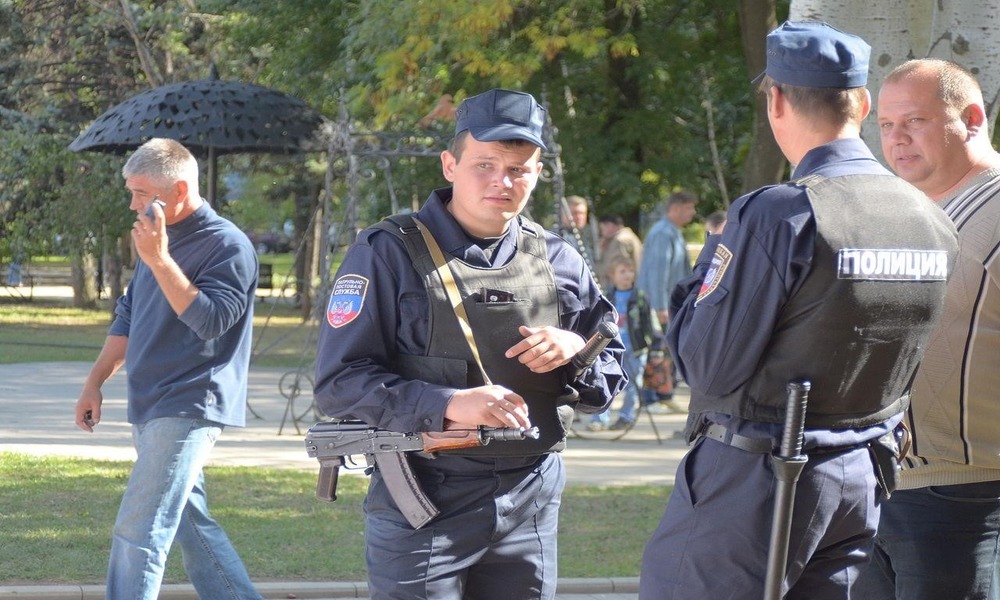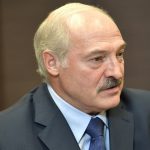Ukraine Monitor
Date: 13 September 2018
“Elections” in Donbass. The Kremlin provokes Ukraine
The announcement of “elections” in Donetsk and Lugansk by the Moscow governors in autumn this year indicates that the change of the leader of the so-called Donetsk People’s Republic is to facilitate the change of the negotiation format regarding the status of the occupied part of south-eastern Ukraine. The “elections” give the Kyiv authorities a pretext to withdraw from the Minsk agreements. In general, they are not very beneficial for Ukraine; however, there might be a catch. It is possible that Moscow counts on such a drastic move from Kyiv in order to use it in some new political plan, involving, among other things, the change of the negotiation format. If Ukraine withdrew from the Minsk agreements, it would be a huge mistake. Thanks to the agreements, it is possible for the time being to maintain the status quo of Donbass, having tacit approval of the West. This situation is beneficial for Ukraine, but not for Russia.

On August 31 in Donetsk, the leader of “DPR”, Alexander Zakharchenko was killed in a bomb attack. Some time later, after a few days of Trapeznikov’s rule and the final transfer of Donetsk under the rule of Denis Pushilin, the occupation authorities of the so-called Donetsk People’s Republic and Lugansk People’s Republic (DPR and LPR) announced that the elections of new leaders and People’s Councils (“parliaments”) will take place on November 11. “The elections announced by the separatists are illegal and violate the Minsk agreements,” US Special Representative for Ukraine Negotiations Kurt Volker stated. The Ukrainian Ministry of Foreign Affairs also protested, pointing out Russia’s provocation. “Such provocative actions of Russia deliberately violate the Minsk agreements and can destroy great international efforts to regulate the situation,” Ukrainian diplomats stressed. The agreements concluded in 2015 provide for early elections of local authorities in the occupied parts of the Donetsk and Lugansk Oblasts. However, Kyiv thinks that the elections can only take place when Ukraine controls its entire border with Russia and foreign troops leave its territory. Also, all military activities should be completed beforehand and, according to the Ukrainian law, international observers should monitor the voting process. It is quite clear that there is no chance of meeting these conditions. Therefore, the “elections” will not bring both sides closer to resolving the conflict.
In October 2018, the duration of the Ukrainian act of a special status for “separate regions of the Donetsk and Lugansk Oblasts”, which provides for holding elections in these regions in accordance with the Ukrainian law, ends. If the separatists hold the elections according to their own rules, the Ukrainian Verkhovna Rada will have a justification not to prolong the act of a special status and to withdraw from the Minsk agreements with strong arguments. In June, Zakharchenko believed that the elections would take place. However, at the beginning of August, in the Donetsk media, there was an appeal made by the representatives of the Donetsk Republic organization (a kind of a power party in the “DPR”) to Zakharchenko not to leave his office and to postpone the elections for an indefinite period of time. This idea came supposedly from Moscow, which saw no advantage in escalating the current situation with the separatist “elections”. Nonetheless, the announcement of the elections just after the liquidation of Zakharchenko and the appointment of the new governor of Moscow in Donetsk means that the Kremlin has changed its course of action.
All texts published by the Warsaw Institute Foundation may be disseminated on the condition that their origin is credited. Images may not be used without permission.














